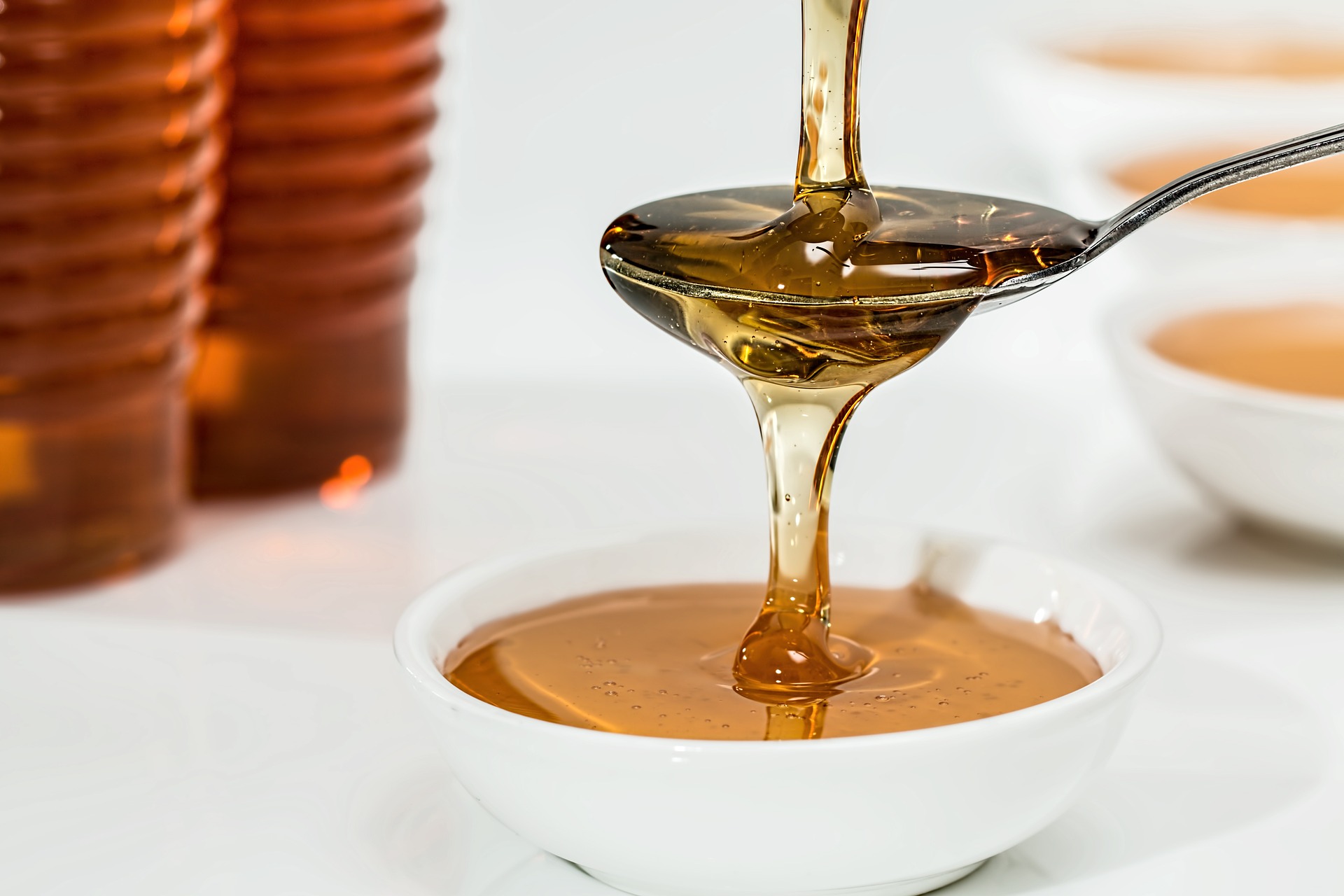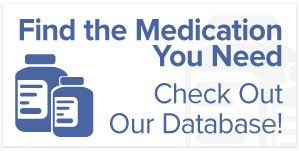What is Glucagon?
Glucagon medication is utilized in the treatment of extremely low blood sugar. It can aid in controlling blood sugar (glucose) levels and bringing them up to standard levels. There is a special group of cells in the body called alpha cells which are located in the islets of Langerhans within the pancreas. These Alpha cells produce the hormone glucagon, by which they then release into the bloodstream when glucose levels are low. When blood sugar levels are extremely low, it is called hypoglycemia—something which is typically (though not exclusively) related to diabetes and diabetics.
Glucagon For Diabetics
Diabetics who do not produce enough insulin (type 1) or are not responsive enough to insulin (type 2), can run into the dangerous situation in which glucose builds up in the bloodstream to overly high levels. The solution to this problem is taking insulin medication or other drugs which lower blood sugar levels. However, sometimes the effect is too strong, and the diabetic may become hypoglycemic as a result. This is not just due to overdosing on insulin, it can also happen as a result of many other situations.
These situations can be things like exercising more than you normally might and as a result, have much lower blood sugar than your medication ordinarily accounts for. Another potential situation that can result in hypoglycemia is if you are not consuming as much food as you ordinarily would, and thus your medication is set to deal with an insulin response that overly adequate and thus brings your blood sugar down too low.
It is in these situations that Glucagon is useful to bring yourself back up. Having low blood sugar for too long is incredibly dangerous. It can lead to coma, seizure, or death. Glucagon (the medication) is used as an injection. The injection is done under the skin into a vein or even a muscle. Typically speaking, glucagon is used for emergency purposes only for the most severe hypoglycemia.
Blood sugar levels can be affected by stress, exercise, surgery, alcoholic beverages or simply not eating. Low blood sugar can happen to any person who has diabetes. The symptoms of hypoglycemia are a headache, sweating, hunger, irritability, nausea, abnormally fast heart rate, dizziness or anxiety, and associated shakiness. Even after receiving a Glucagon shot, the person receiving it should still have a fast-acting sugar source such as fruit juice, hard candy, or soda. Additionally, they should also have a small meal as well.
Rx Helper
The Rx Helper has aided many underinsured and uninsured Americans throughout the years by giving them access to brand name prescription medications. Prescription medication prices have been trending upwards in the past decade and continue to grow more expensive by each year, leaving millions of Americans without access to these life-enhancing drugs. If you’d like to see if you qualify for discounted brand name drugs straight from the manufacturer, contact us here.



